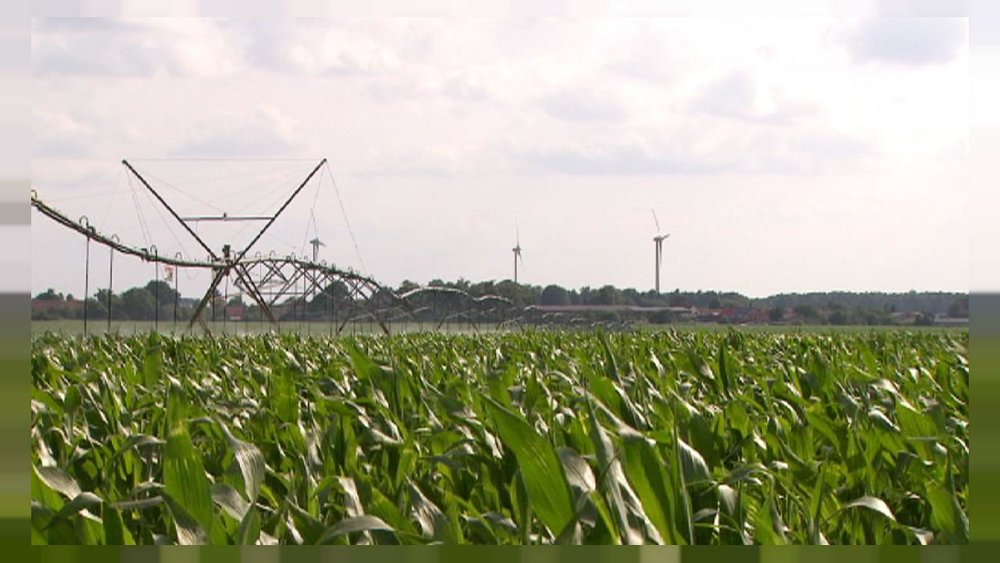ICT Ministry to help promote smart irrigation to overcome water shortage

TEHRAN – Iran’s Ministry of Information and Communications Technology plan to support smart irrigation in a bid to help deal with water shortage in the country, ILNA reported.
The plan was proposed in an agreement signed by ICT ministry and the Ministry of Agriculture on Sunday.
Through smart irrigation, water usage decreases by 35 percent, ICT Minister Mohammad Javad Azari Jahromi announced.
A pilot study was conducted in Mugan plain, northwestern Iran, and Qazvin plain, central Iran, resulted in 50 percent decrease in water usage through smart irrigation. The figure is 15 percent in Fars Province.
Iranian officials are repeatedly warning about water shortage in the country by using terms such as ‘water shortage’ or ‘water bankruptcy’ and the like to raise public awareness towards this extremely serious issue.
“In addition, the ministry helps the farmers to protect their fields for pest control through space technology,” the minister said.
“The pest control industry is constantly researching new technologies and products that will advance the way we prevent and manage pests.”
Azari Jahromi pointed to the important role of startups for transparent connection between farmers and customers.
“According to the agreement, it is projected that at least 20 percent of the agricultural economy to be linked with the digital economy over the course of four years so that the private sector’s contribution to smart agriculture would rise by 300 percent,” he explained.
He named the Fars Province as the first place for pilot study for the first time.
While climate change is one of the main culprits of decrease in average rainfall the recurrent drought spell and water shortage in the country are mostly blamed on mismanagement and shortsighted water management policies as well as unsustainable agricultural practices.
According to the European Commission in many parts of the world, demand for water is outstripping the availability of water. Water is increasingly seen as a scarce resource that has an economic value, and thus needs to be managed carefully to ensure that it is used effectively. This needs to be achieved whilst managing competing demands for water from different water users, such as households, industry and agriculture, as well as ensuring the environment has enough water to sustain ecosystems. Setting the price of water is a key tool used to support water management decisions; water that is underpriced may lead to its unsustainable use.
SB/MQ/MG
Leave a Comment